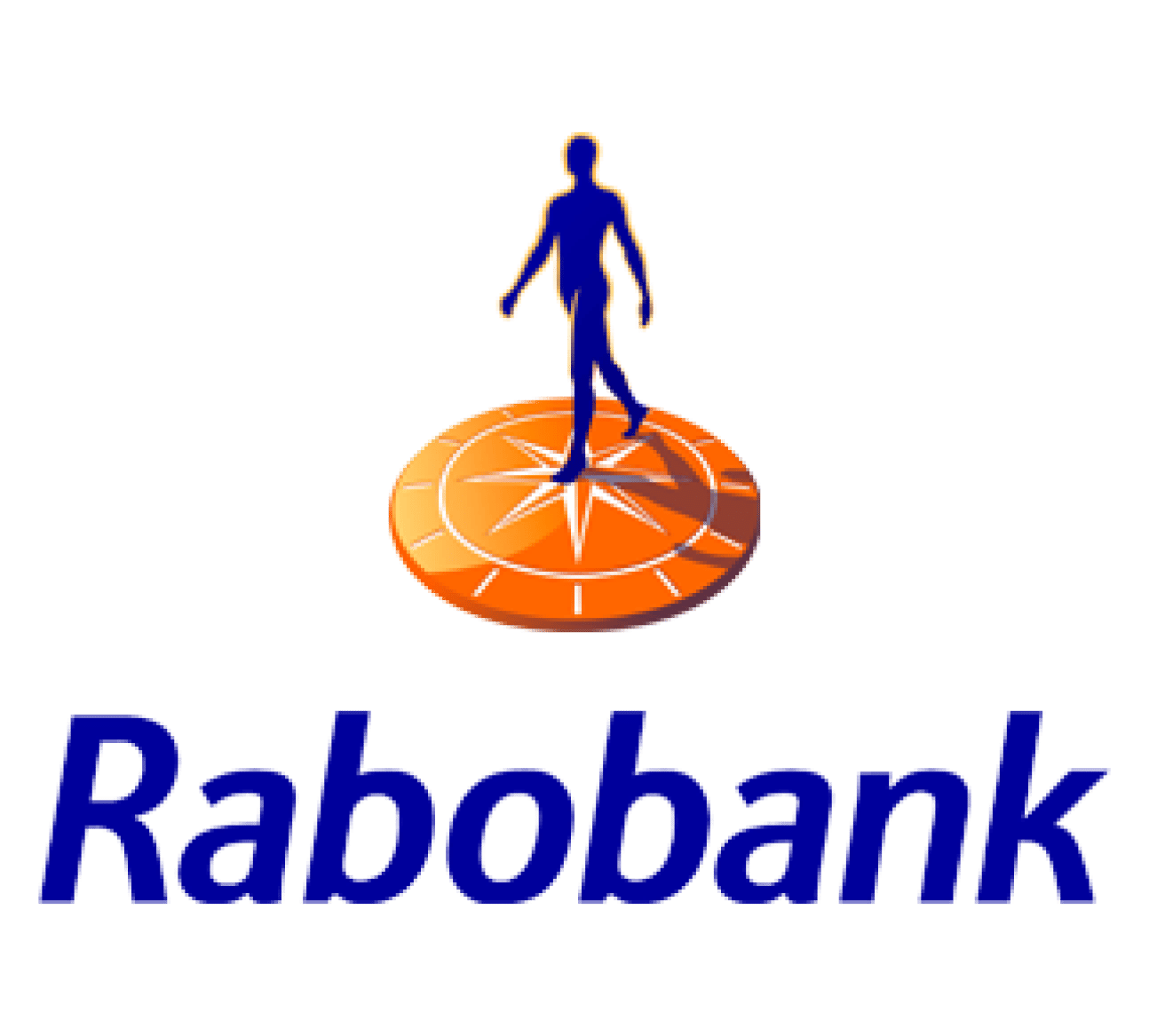Moving to another country can be complex, but Young Financials is here to guide you through the entire process. Below, you will find all the information you need to know about obtaining a visa and entering the country.
If you are not from the EU, EEA, or Switzerland you will need a visa to work in the Netherlands. But what types of work permits are there? The most common ones in the Netherlands are:
Each serves a different purpose, so it is essential to know which one applies to you. Let Young Financials be your guide in making the move to the Netherlands smoother and simpler.








A highly skilled migrant (kennismigrant) is a highly educated immigrant who can enhance Dutch companies with their particular knowledge. If the highly skilled migrant is not from Europe, they need a residence permit and an MVV. If the highly skilled migrant is from Europe, a residence permit is not required.


The Dutch Government offers a “zoekjaar” or “search year” permit for highly educated migrants who have completed a Bachelor’s or Master’s degree or a PhD at a recognized institution in the Netherlands. The search year permit allows graduates to spend up to twelve months in the country to look for work or to start their own business. To be eligible for the search year permit, graduates must apply within three years of completing their studies and meet certain requirements, including holding a valid residence permit and health insurance. During the search year, graduates are allowed to work without a work permit.
A single permit or GVVA is a permit that allows non-EU/EEA nationals to live and work in the Netherlands and stands for ‘gecombineerde vergunning verblijf en arbeid’. It is issued by the Dutch Immigration and Naturalization Service (IND) and is generally required for both employees and self-employed individuals. To obtain a single permit, your employer or you as a self-employed individual will need to apply for the permit on your behalf. The permit is usually valid for one year and can be renewed if the conditions for the permit are still met. Exceptions may apply for highly skilled workers or individuals with different types of permits.


A Provisional Residence Permit (MVV) is a temporary permit that allows non-EU/EEA nationals to enter the Netherlands for work or study. It is required for those who need a visa to enter the country and stay for more than 90 days. To obtain an MVV, you must apply at a Dutch Embassy or consulate and submit the necessary documents. Once you have an MVV, you can apply for a residence permit, which will allow you to work in the Netherlands for a specific period.
Then easily drop your contact details and download our Working as a Young Professional in The Netherlands Guide.
"*" indicates required fields
Here’s a step-by-step procedure for applying for a visa:
Step 1
Assess which visa you require based on factors like your nationality and the purpose of your visit.
Step 2
Decide whether to apply through a host in the Netherlands (such as an employer, family member, or educational institution) or directly at a Dutch Embassy or consulate-general.
Step 3
If applying through a host, your host will typically submit the application to the Immigration and Naturalisation Service (IND) on your behalf.
If applying directly, submit your application in person at a Dutch Embassy or consulate-general.
Step 4
Verify whether you are required to take the civic integration examination as part of the application process, which assesses your understanding of the Dutch language and society.
Please find more information about working in the Netherlands on this page.
After you've submitted your application, it typically takes approximately two weeks to receive a work permit in the Netherlands.
An EU Blue Card is a permit granting both work and residency rights within the European Union (EU), the European Economic Area (EEA), or Switzerland, specifically designed for highly skilled professionals.
Find more information about Dutch student visas on this page.
Is your question not listed here? Please contact us at info@youngfinancials.nl and your question will be addressed as soon as possible.
"*" indicates required fields